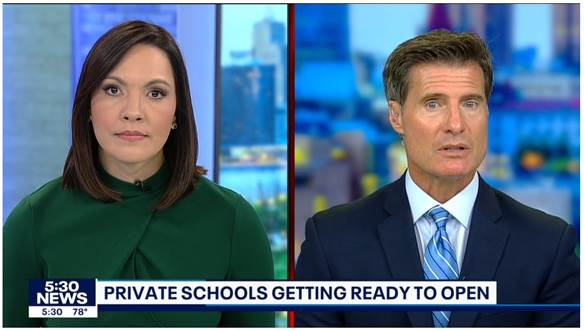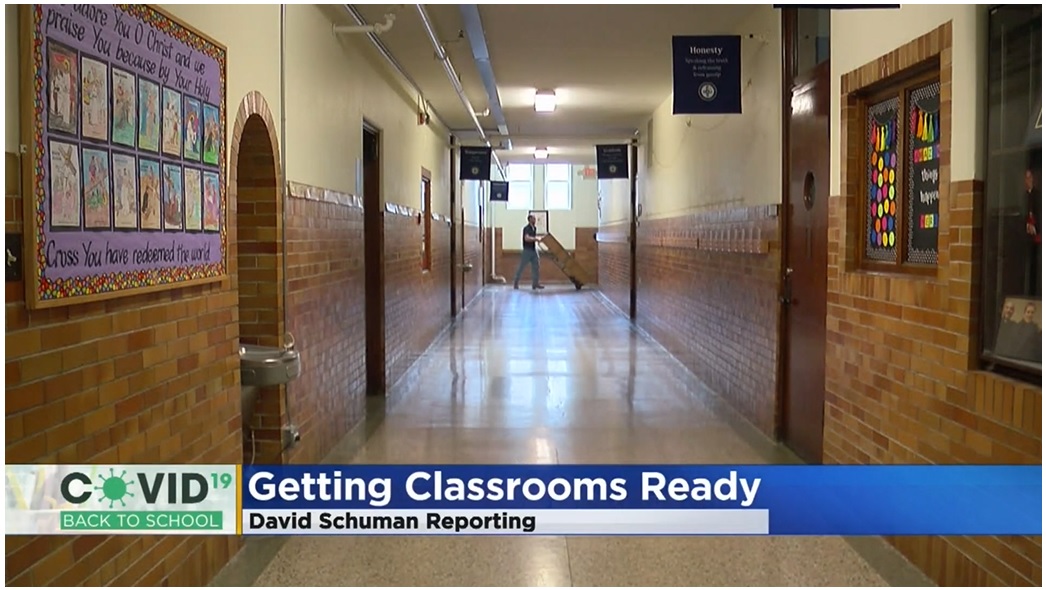2023 was labeled the Year of Universal Choice in publications across the country. But as we enter 2024, the momentum and awareness of Education Savings Accounts (ESAs) seem to suggest that this popular school choice method will only grow.
Unfortunately, many Americans are still unaware of what an ESA is and the benefits it can bring to America’s schoolchildren and families.
Some of the most common questions about ESAs were recently addressed by Robert Enlow, the president of EdChoice, in an interview with Education Next. We’ve culled some of Enlow’s words of wisdom to provide the following fast answers to some of the most commonly raised questions about ESAs.
- Will ESAs Kill Public Schools?
Not necessarily. According to Enlow, as ESAs grow in popularity, the funds will likely lend themselves to creating a hybrid education system, where parents can choose some public school classes, using the rest of their child’s ESA funds for other educational opportunities. - Is an ESA the same as a voucher?
No. “A voucher is public funds going directly to a private school,” Enlow explains, “while ESAs are public funds that parents can choose how to spend.” - How Can an ESA Be Used?
ESAs are very versatile and can be used on “tuition, therapies, books, and other learning experiences,” Enlow says. “You can hire a tutor. You can buy a computer. You can do everything a school does to educate your child.” - Where Do Parents Get ESA Money?
Once a state legalizes ESAs, “the government puts [money] onto an online platform, or ‘digital wallet,’ that parents can spend for multiple educational purposes,” Enlow says. - Will 2024 See a Lot More States Passing ESA Bills?
Enlow doesn’t think so. This is not because ESAs are declining in popularity, but more because of the election cycle, he explains. “The year before an election is good” to introduce a school choice bill, he says. “Election year, not as good.”
But given the popularity of ESA bills, it seems safe to say that they’ll be back and flying high in 2025 in states across the country.
Then again … we may all be surprised. After all, why shouldn’t politicians advance ESAs in an election year, especially when 75% of Americans and 70% of teachers support them? Sounds like a winning issue if you ask us.
—
Image Credit: Pexels













![[downloaded during free trial]](https://oakmn.org/wp-content/uploads/2025/11/iStock-1430368205-120x86.jpg)